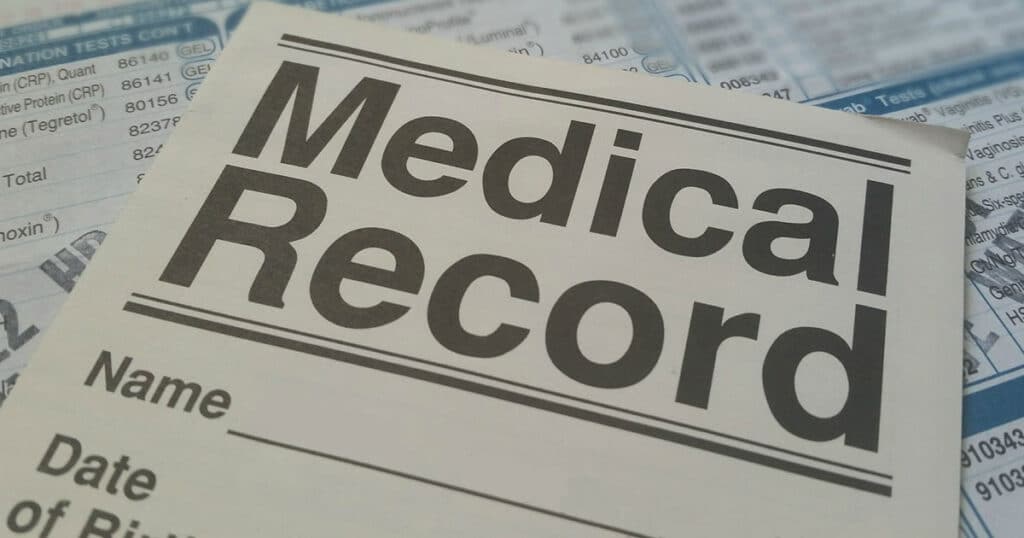Lupus and Social Security Disability
Home » Applying for SSDI » Medical Conditions, Listed Impairments & SSDI » Lupus and Social Security Disability
Lupus is an autoimmune disease that develops because your own tissues and organs come under attack by your immune system. One of the most dangerous effects of lupus is the inflammation that negatively impacts various areas of your body, such as your blood cells, brain, heart, joints, kidneys, lungs and skin.
The symptoms of lupus often mimic other conditions; therefore, it is a highly difficult disease to diagnose. Lupus can be inherited and it may be caused by a combination of genetic and environmental factors. Out of all lupus diagnoses, 90 percent of the people diagnosed are women.
Lupus Symptoms and Treatments
The symptoms of lupus are quite similar to many other illnesses and diseases (which can make it quite difficult to diagnose) and each individual will present a unique combination of symptoms. Inflammation throughout the body is highly common and can be quite painful and debilitating. One of the most common and externally noticeable signs is a butterfly rash that spreads over both cheeks on your face.
However, the symptoms will vary based on the area of the body under attack, and can include joint pain, shortness of breath, chest pain, memory loss, confusion, headaches, sensitivity to the sun, blue or white toes and fingers when exposed to cold, fatigue and headaches. The severity of the symptoms will vary on a case-by-case basis. For some people, symptoms will come and go on a temporary basis. For other people, they will be permanent.
Treating lupus will also depend greatly upon the area of the body under attack, and any other conditions the person may have. Some people may benefit from over-the-counter anti-inflammatory medications. Some people’s doctors will prescribe corticosteroids, immunosuppressants, or other serious prescription medications, depending on many factors. It is important that a person with lupus has regular visits with their healthcare providers.
Does Lupus Qualify Me for Disability Benefits?
Lupus can indeed qualify you for Social Security disability benefits.
Lupus is discussed in the Social Security Administration’s “Blue Book” listing of disabling conditions, in Section 14 (Immune System Disorders) under paragraph 14.02 (Systemic lupus erythematosus).
To meet the listing (which isn’t always necessary) based on a lupus diagnosis, you would need to meet specific criteria related to your affected body systems or organs, your signs and symptoms, and/or your limitations in completing tasks, social functioning, and completing daily activities. But remember, you don’t need to exactly meet a Blue Book listing to qualify for disability benefits. Because, at the end of the day, what the SSA generally cares about most is whether or not your lupus meets certain requirements, including:
- That it rises to the level of a “severe impairment”, meaning it impacts your ability to do work;
- That it, combined with any other impairments you may have, prevent you from sustaining work;
- That it has affected you, or is expected to affect you, for at least one year (or to result in death).
If that is the case, then you may very well qualify for monthly disability benefits.
Next Steps
If you suffer from lupus and are considering a claim for disability benefits, we recommend you read our articles about the process of applying for SSDI and the way the Social Security Administration uses their Sequential Evaluation Process to determine disability.
This article is presented for general information purposes only. Nothing in this article should be taken as medical advice. Medical decisions (including whether to start, stop, or modify any treatment plan) are extremely important and should always be made with the advice and counsel of a qualified medical professional.

Linda Cosme formerly served as a Member of the Appeals Council (AC) for the Social Security Administration (SSA), and Program Expert for the Social Security Administration and Disability Quality Branch (DQB). Ms. Cosme also served as a Quality Assurance (QA) Reviewer, Initial Disability Examiner, Reconsideration Disability Examiner, and Continuing Disability Examiner (CDR) for the Disability Determination Services (DDS). She is admitted to practice law in Arizona, Georgia, and the United States Ninth Circuit Court of Appeals.
It is easy to get started.
It is easy to get started. No upfront costs – You only pay if we win!
Oops! We could not locate your form.









